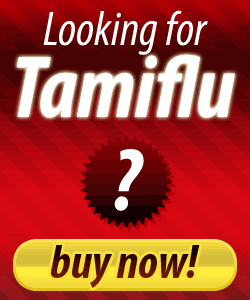.jpg)
Those hardest hit by the H1N1 virus (formally known as the swine flu) have been pregnant women and babies. But formula fed babies have proven to be at even greater risk than their breastfed counterparts. The Center for Disease Control states that babies that are not breastfed are "particularly vulnerable to infection and hospitalization for severe respiratory illness". Breastmilk is vital in protecting children against illness because it contains antibodies, a protein that helps fight infection. The United States Breastfeeding Committee explains, "mother’s milk can provide additional protection for the infant from complications of the flu, such as severe respiratory symptoms, diarrhea, other gastrointestinal infections, and dehydration".
There is a lot of misinformation out there about spreading the flu through breast milk. This is not the case; the virus cannot be transmitted via the milk. However, if the mother is sick, she should take precautions such as washing hands often and wearing a surgical mask around the infant. If, however, she is too sick to breastfeed, she should allow someone else to feed the child with her expressed milk. It is okay for her to continue breastfeeding even if she has received the vaccine to prevent against the flu, or has received Tamiflu, a drug used to treat the flu.
There is a lot of misinformation out there about spreading the flu through breast milk. This is not the case; the virus cannot be transmitted via the milk. However, if the mother is sick, she should take precautions such as washing hands often and wearing a surgical mask around the infant. If, however, she is too sick to breastfeed, she should allow someone else to feed the child with her expressed milk. It is okay for her to continue breastfeeding even if she has received the vaccine to prevent against the flu, or has received Tamiflu, a drug used to treat the flu.




No comments:
Post a Comment
Note: Only a member of this blog may post a comment.